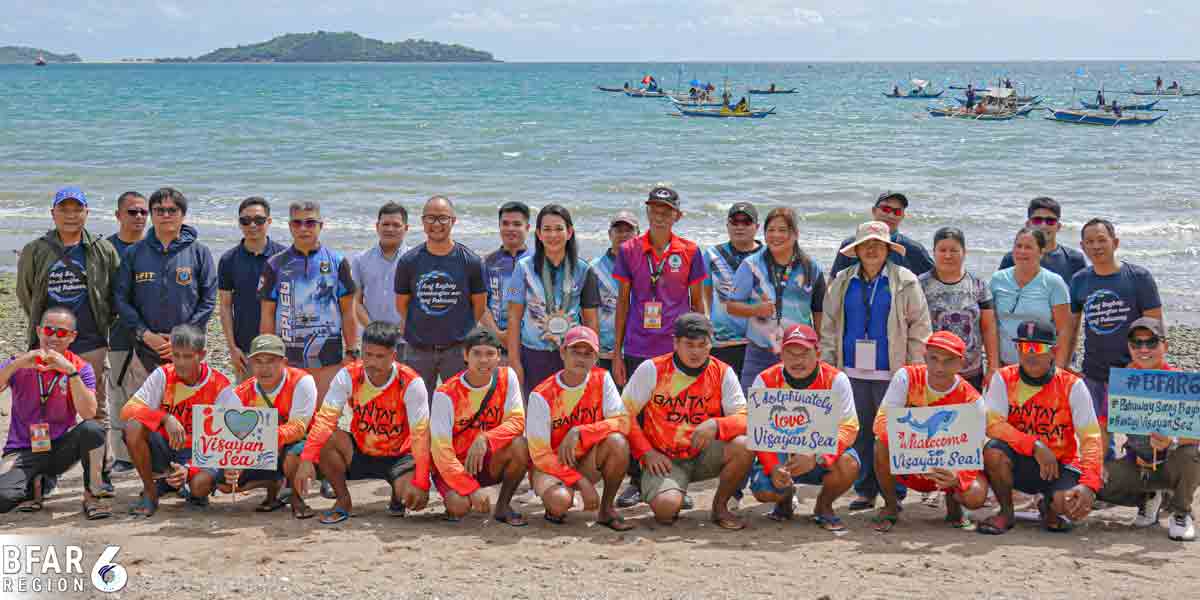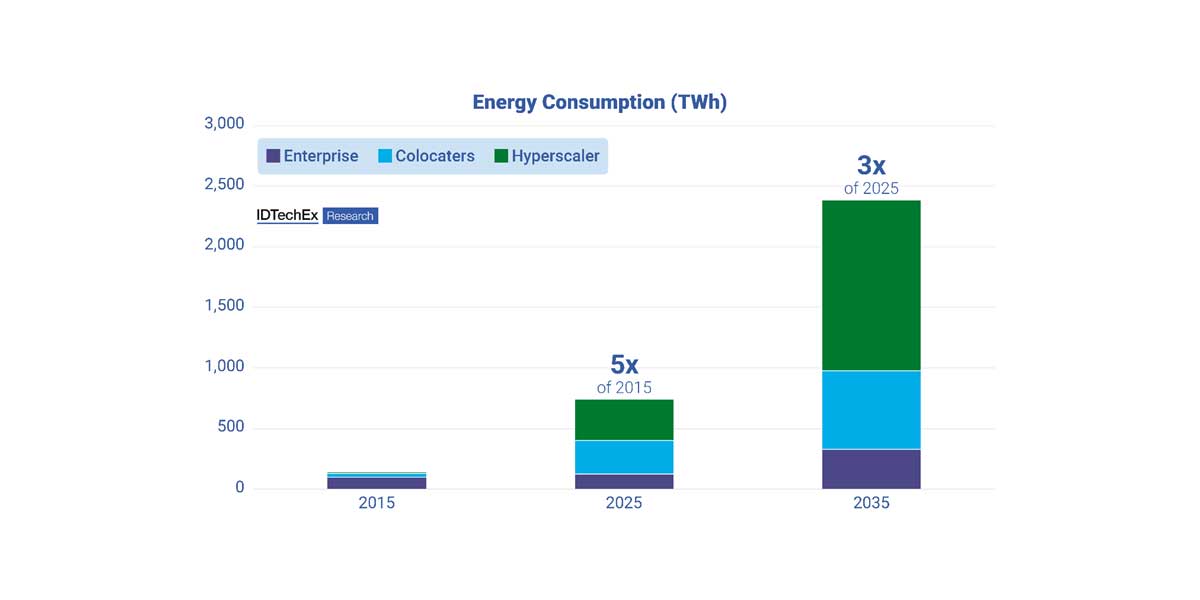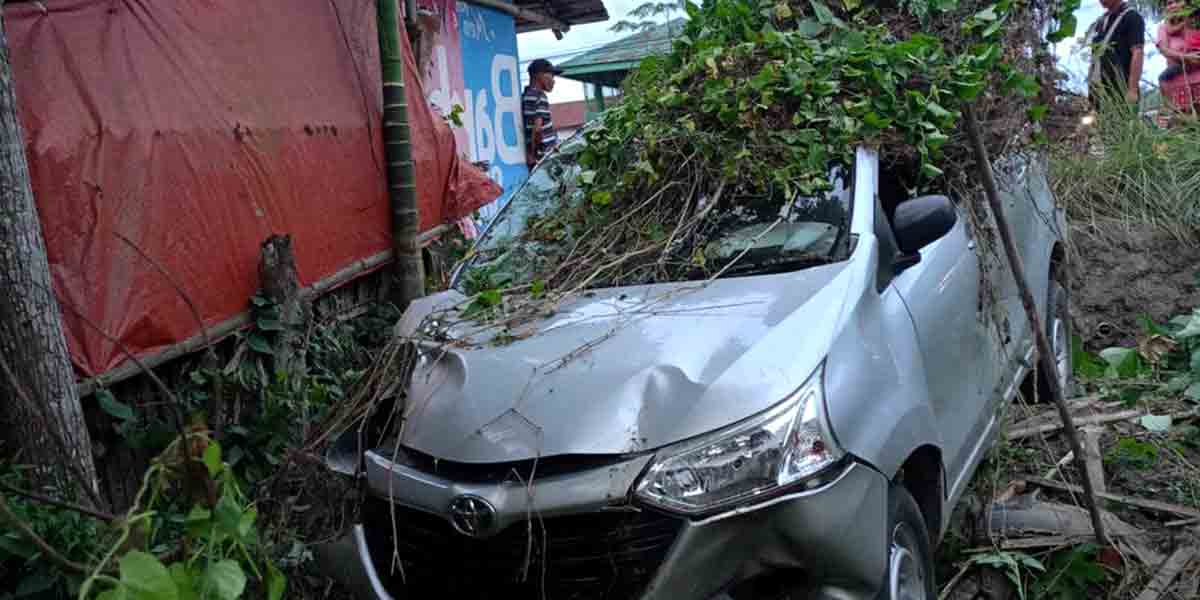By Herbert Vego
TODAY (18 December) is a regular holiday in the City and Province of Iloilo, pursuant to Republic Act No. 6155 signed by the late President Ferdinand E. Marcos Sr. in 1970. Today marks the 167th birth anniversary of the only Ilonggo national hero.
Indeed, Graciano Lopez Jaena stands out because of his pioneering work as founder and editor of the fortnightly La Solidaridad, the cornerstone of the Propaganda Movement which sparked the armed revolution against the Spanish government in the Philippines in 1896.
He remains “alive” in history books, including one written by Ilonggo historian and former Iloilo provincial board member Demy P. Sonza, “Mightier than the Sword,” published in 1964.
Graciano was born to a poor family in Jaro, Iloilo City on Dec. 18, 1856. His father, Placido López, worked as a repairman; his mother Maria Jacoba Jaena, a seamstress. Poverty, however, did not deter the couple from sending him to study at St. Vincent Ferrer Seminary, which still remains “as it was” on Seminario St.
You must be wondering, “Why Lopez Jaena. Shouldn’t it be Jaena Lopez?”
Normally, yes, but Graciano Lopez Jaena was actually his pen name fusing the surnames of his father and mother.
His first attempt at addressing problems in local society erupted through a story entitled “Fray Botod,” which was printed as a leaflet and surreptitiously circulated. It made reference to the local priests as ignorant, abusive, lecherous and immoral. Although no one could prove that the 18-year-old Jaena wrote the satire, the Spanish authorities suspected him as the author.
Ironically, he had to sail to Madrid, Spain in 1880 to evade potential harm in his own country. Because of his eloquence in the Spanish language, he won friends who initiated him in Masonry in 1882 under the Masonic name Bolivar.
There was no turning back. The young Graciano had found his niche in oration and journalism. In a triumvirate with Jose Rizal and Marcelo Del Pilar, he delivered speeches to demand independence from Spain.
These speeches he compiled in a book titled “Discursos y Articulos Varios”.
Believing that “the pen is mightier than the sword,” he personally conveyed his demand for freedom in a speech before the Spanish officials in Madrid, Spain.
It was in Madrid where Lopez Jaena, Rizal and Del Pilar laid the foundation of the Propaganda Movement through the La Solidaridad, which was to break into print on February 12, 1889. Its mission was to galvanize the pliant Filipino masses into fighting for independence.
While he would like to be a physician, having actually pursued medical studies in Valencia, Spain, he ran short of earning an MD degree. But he went as far as filling the position of an apprentice at the San Juan de Dios Hospital in Manila and later came home to Jaro to practice medicine.
It was not for the money, since most of his patients were poor and unhappy with the subhuman life that they had to endure. Some patients complained of having been beaten and injured by local Spanish officials. Jaena’s immersion with them somehow kindled his desire to speak and write on their behalf.
Lesser written of Luna was his love for a woman he had left behind, Elena, to whom he had promised marriage. Unfortunately for the woman, Lopez Jaena had to indefinitely postpone it “sa tamang panahon.” That opportunity was not to materialize. He got very sick and died of tuberculosis at the age of 39 on January 20, 1896 in Barcelona, Spain.
A few descendants of the hero and their rich friends organized the Dr. Graciano Lopez Jaena Foundation in 1983 to perpetuate his memory and to promote his ideals, and secondarily to support present-day journalists.
However, at this time when “oppression” still remains a familiar word in Philippine governance, do we feel the support of that foundation?
No offense meant; just asking.





















